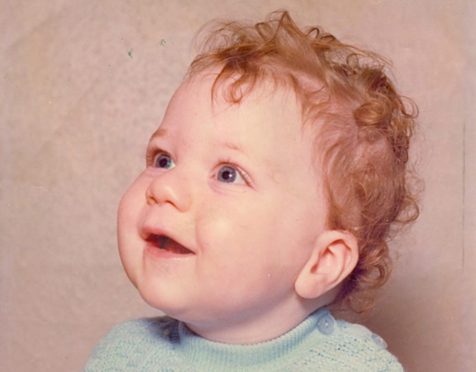
Victims of forced adoption fear generations of their children will suffer because they have no way of knowing if they are at risk of genetic illness.
Experts say the government has a legal responsibility to prevent unnecessary suffering potentially affecting the 60,000 Scottish mothers and the children taken from them because they were not married from the 1950s through the 1970s.
Author Eileen Munro, 53, from Edinburgh, says her shattered childhood, and the effect forced adoption had, led to the death of her own son Craig at the age of 22.
She said: “My mother suffered forced adoption when she had me and my whole life has been torn apart because of that. I believe it also led to the death of my own son in circumstances which should have been prevented.”
Eileen was adopted as a baby into a chaotic home with a couple who had alcohol problems. She said: “As a result I was never vaccinated. Of course I had no idea. When I became pregnant at 16 with my own child, I contracted German measles.
“Craig was born profoundly deaf as a result, and he was also carrying a severe form of diabetes passed on genetically that led to him suffering debilitating mood swings throughout his life. Because we had no access to family medical records, Craig went undiagnosed for years, suffering unnecessarily. We had no way of knowing the answer lay in genetics.
“Doctors could not understand why Craig’s mood swings were happening, I was advised to place him in residential care, where he suffered terrible abuse.
“My son eventually took his own life at the age of 22 in 2002 because he could no longer cope with all that had happened to him. If we’d only known the genetic causes, we could have acted and I firmly believe my son would be here today.”
She is still unable to access family medical records and has no way of knowing why she has developed a number of life-changing medical conditions. “Even today, I can’t access my own family medical records and have no way of knowing why I’ve developed the life-changing illnesses I’m struggling with,” she said. “Unless there is radical change, I believe generations of victims of forced adoption will be forced to suffer. That is cruel and very wrong.”
Specialist lawyer George Clark, head of civil litigation at Quantum Claims, said forced adoption victims have a basic human right to know whether they may be carrying life-changing genetic conditions. He said: “What happened to thousands of women and children across Scotland was not only a clear breach of their human rights, the policies that allowed forced adoption exposed victims to unnecessary risk of preventable genetic illness as well as added psychological trauma.
“To live your life not knowing if you have a genetic predisposition to, say, breast cancer when this is something that could be prevented and treated if it is known about, is a clear breach of human rights.
“The very least these women and children deserve is an apology. The government must make available the correct support and compensation, and find a way to change the system to allow access to the vital information that affects lives.”
Even today I can’t access my own family medical records
The forced adoption scandal was debated by MSPs at Holyrood on Wednesday when Labour MSP Monica Lennon led cross-party calls for a formal, official apology to the women forced to give up their baby.
Eileen Munro’s MSP, Miles Briggs, says Scotland must find a way to protect victims from tragedies such as hers. He said: “We have a duty to find a way to repair the damage that was done based simply on the moral judgment of the time, including developing a more transparent system that will allow easier access to medical records. I’m pressing ministers to answer a series of questions surrounding this.”
Politicians from all parties are supporting an official apology on the scandal of forced adoption.
Last week it emerged government officials had advised ministers to resist making an apology over forced adoption, despite independent evidence about the effects the experience has had on those involved. Documents released under Freedom of Information show ministers were advised not to apologise to mothers forced to give up their babies, and to avoid the issue when meeting with campaigners in 2015.#
Campaigner Marion McMillan said she was “in a state of shock” over that revelation. Marion, 72, from Paisley, who is now dying from cancer, said: “I was played like a puppet by government ministers who had already made their minds up to do nothing and continue the cover-up of what had gone on before they had even met me. It’s deeply disturbing they were informed thousands of victims were suffering serious mental health issues and they simply chose to ignore it.
“I’m so relieved one of the most shameful periods of Scottish history is now no longer being hidden.”
Campaigners are to meet Children’s Minister Clare Haughey, who said: “This heart-breaking issue deserves to be dealt with properly. That is why I have arranged to meet some of those affected and I am working to set up meetings with others whose lives have been profoundly changed as a result of what happened. My hope is that we can work in partnership on next steps.”
Forced adoption is the historic injustice. Scotland’s failure to apologise is today’s
by Monica Lennon, Scottish Labour MSP
As MSPs gathered in Holyrood last week to shine a light on Scotland’s forced adoption scandal, 60,000 mothers and their children were beside us in the chamber.
These women and the babies they were forced to give up for no other reason than they were unmarried mothers, have suffered in silence and darkness for decades, enduring a terrible but completely unnecessary burden of guilt and grief.
But for the bravery of Marion McMillan, who had her baby son taken from her as she begged to keep him, this dreadful injustice of the past may well have stayed hidden.
Throughout history, women have suffered injustices and abuse, but there can be none as devastating as that suffered by the victims of forced adoption.
Marion did not see her baby son again for 40 years, and she has spent her adult life dedicated to supporting mums like her and the children taken from them, reuniting as many of them as possible despite the many barriers and obstacles put in their way.
Today, at 72, Marion is dying of cancer, but she refuses to be silenced. With her last bit of strength, she is determined to set the record straight on this human rights scandal which left thousands of mothers grieving for their lost babies, threatened with jail for daring to try to find them, and shunned simply because they broke the social morality of the time.
Many of the children who were adopted spent their lives searching for who they really were, to find their mothers and fathers. Tragically, too many never did.
Scotland needs to do the right thing today and say sorry for yesterday, to right the wrongs of the past, and set in motion the changes needed to open up the system which has prevented so many being reunited or accessing vital information that could affect their future health.
Historic forced adoption was most common in the 1950s to the 1970s, but the victims’ pain continues to this day.
What happened was beyond cruel and can never be justified.
The practice of separating unmarried mothers from their babies and removing them for adoption was, of course, not unique to Scotland but, in other countries, notably Australia, Canada and Ireland, governments have already apologised on behalf of the state.
For Scotland’s victims, there has been no inquiry, no apology. Many have died, somehow blaming themselves, believing they were bad mothers. I cannot think of one single good reason to delay or deny them a formal apology.
The act of forced adoption is the historic injustice, the lack of an apology is today’s injustice.

Enjoy the convenience of having The Sunday Post delivered as a digital ePaper straight to your smartphone, tablet or computer.
Subscribe for only £5.49 a month and enjoy all the benefits of the printed paper as a digital replica.
Subscribe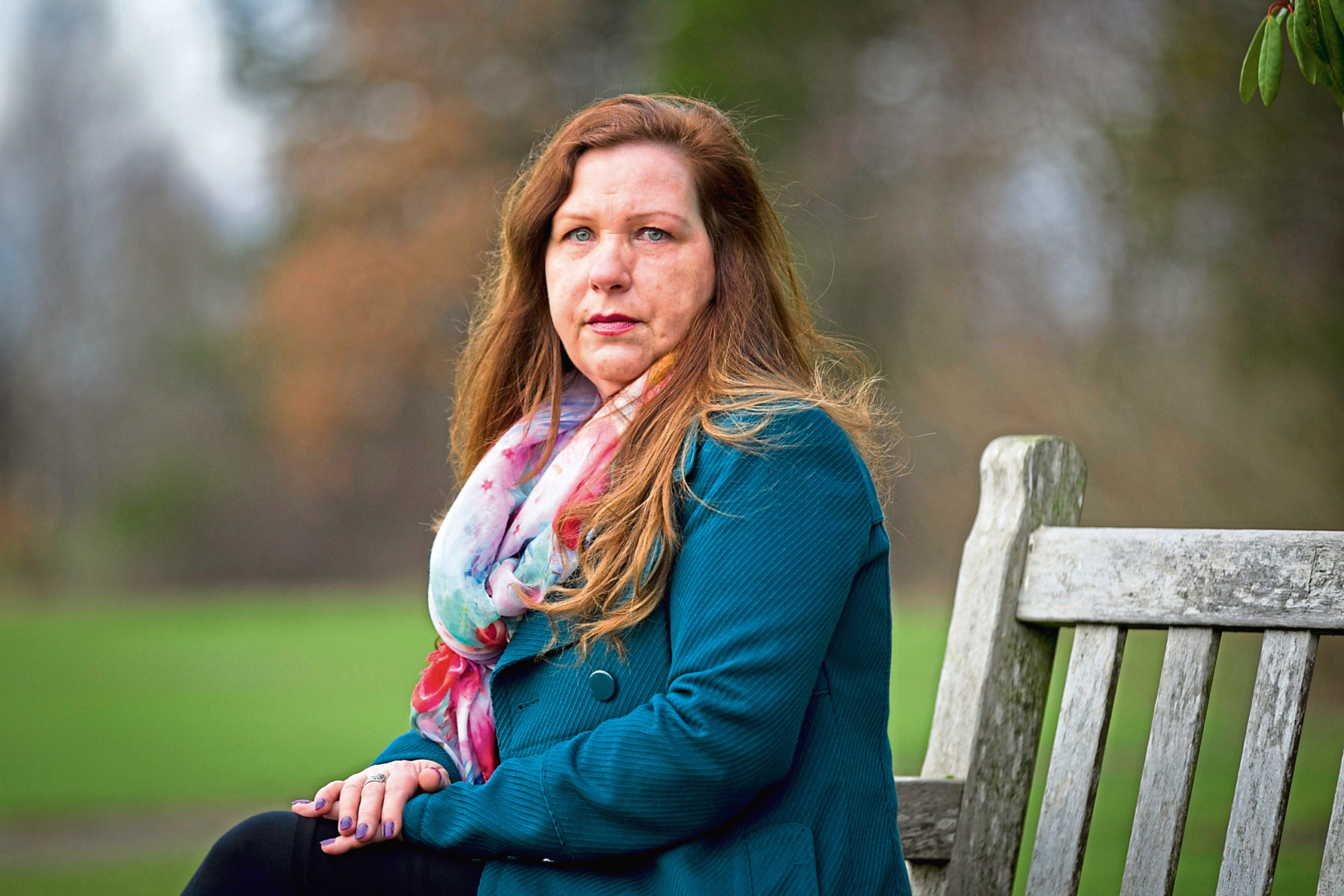 © Andrew Cawley
© Andrew Cawley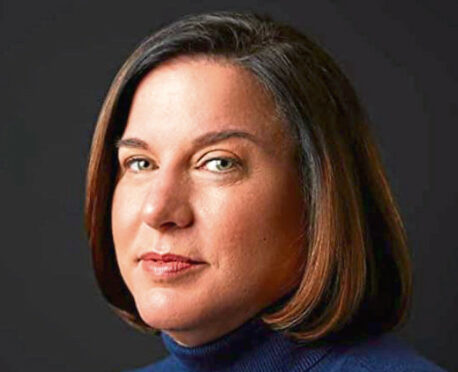
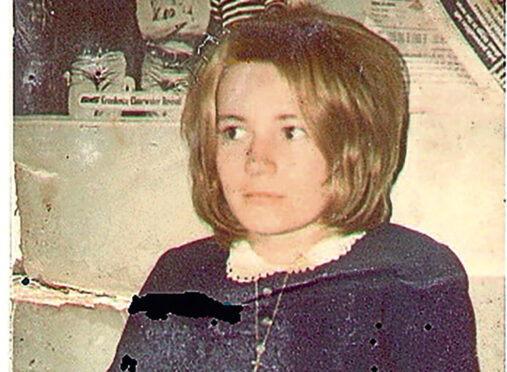
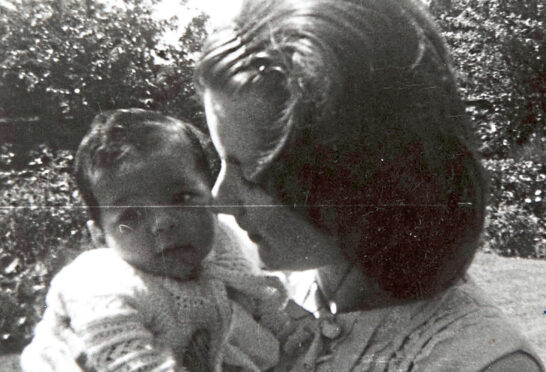
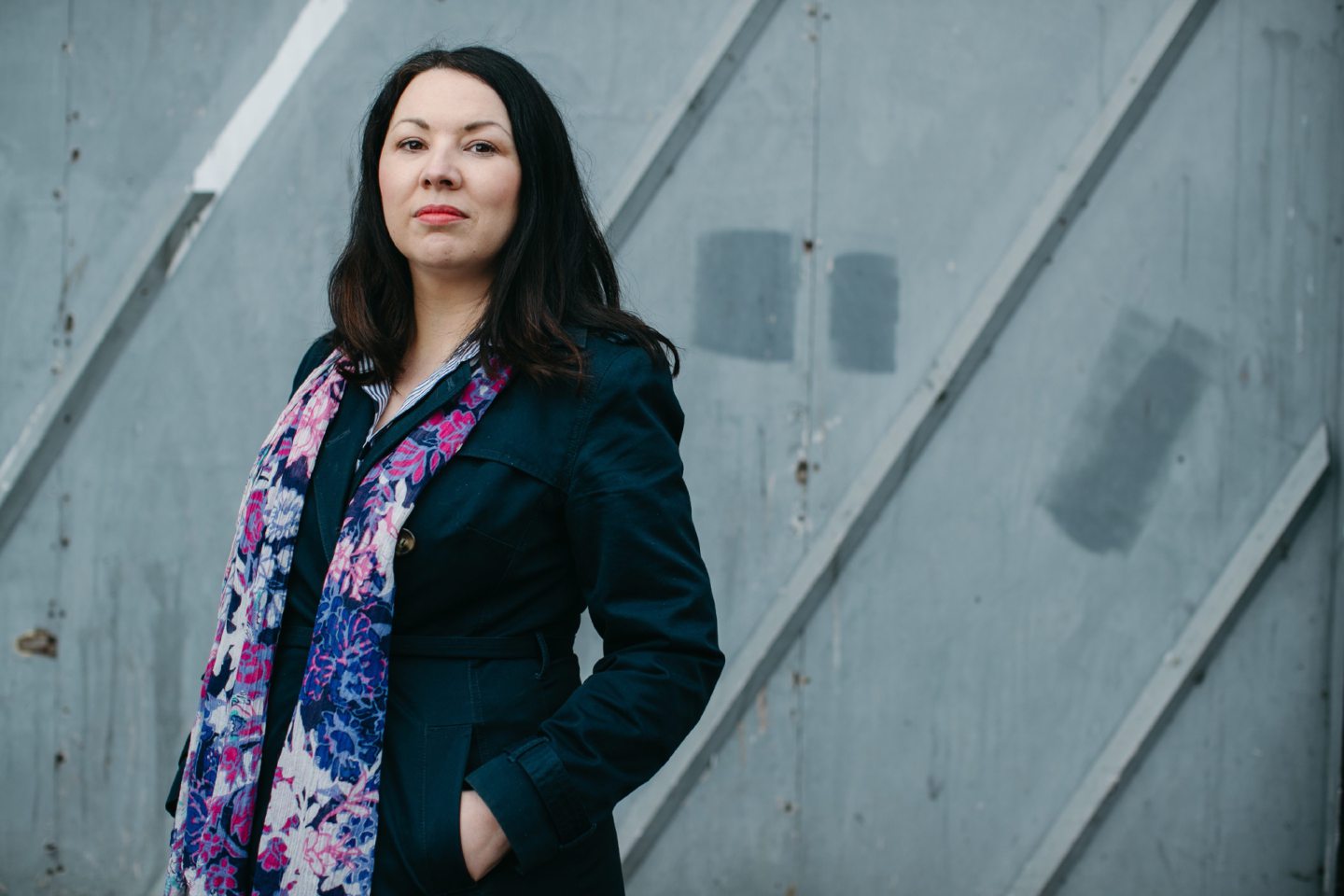 © Andrew Cawley
© Andrew Cawley